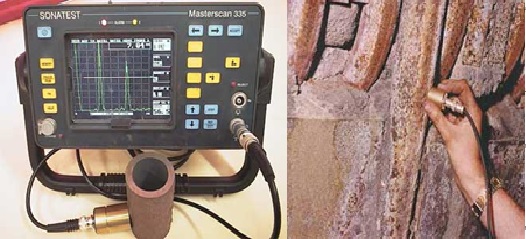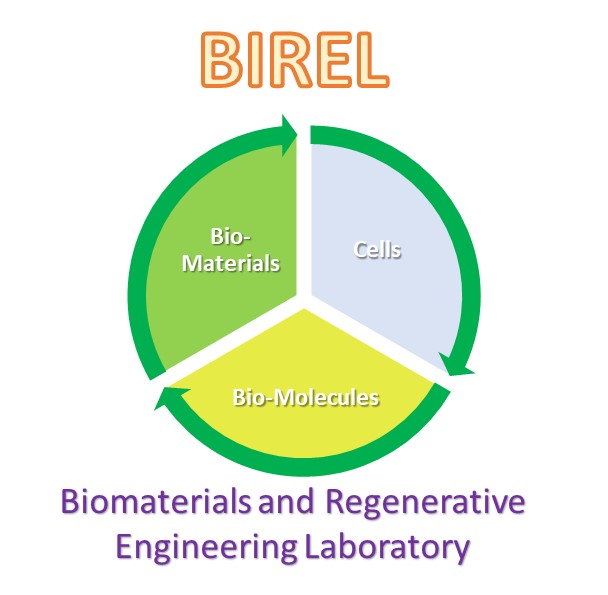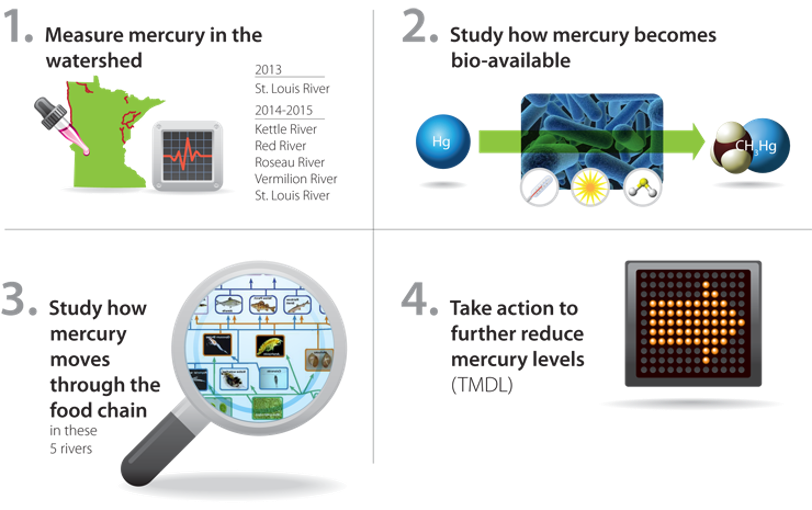
SOLTIGA project focuses on the development of computational tools for optimizing the design of aeronautical and marine/maritime functional free-form surfaces, such as airfoils/hydrofoils, wings, blades, and propellers. As a common feature, the functionality of these products depends on their shape and even small variations of it may have significant impact on their performance. Our goal is to develop seamlessly integrated advanced tools for modeling and simulation, targeting the materialization of the design-through-analysis concept, which nowadays constitutes a prerequisite for efficient PLM (Product Lifecycle Management) in all industrial sectors producing highly complex products.


The Applied Mechanics Research Group at School of Engineering and Digital Sciences, Nazarbayev University is a newly established research group with diverse interests and research activities ranging from Computational Mechanics & Control Theory to Mechanical systems oscillations & UAVs. Group members are leading and/or participating in a wide range of research projects while a seminar series is offered by the group with the aim of fostering graduate students development.


Nazarbayev University Power Electronics Research Lab (PERL) investigation areas include:
– Multilevel PWM Inverter Voltage and Current Total Harmonic Distortion (THD) Evaluation;
– Optimal Voltage and Current Quality (THD) for Synchronous Low Frequency Modulation;
– Combining Selective Harmonic Elimination (SHE) and Minimal THD Approaches;
– Capacitor Voltage Natural Balancing in Different Multilevel Voltage Source Converters;
– Reconfigurable Switched Capacitor Converters with Multiphase Balanced Switching and Multiple Outputs.
The links to the Group publications:
Publication 1
Publication 2

The research group at School of Engineering and Digital Sciences, Nazarbayev University focuses on the following research areas, and we invite new collaborations all the time in the areas of:
– Bioinspired Computing;
– Neuromorphic VLSI;
– Sensory Signal Processing;
– Applications.

This is a multi-disciplinary and cross-platform research group within the School of Engineering and Digital Sciences, Nazarbayev University, engaging in state-of-the-art techniques in control, sensory processing, electronics, communications, power systems, and mathematics with projects focusing in areas related to smart homes, smart grids, smart cities, smart transportation, smart sensing, SCADA systems and more.
Our group consists of Professors, Graduate Students, and Capstone Students.
We welcome collaborations within Kazakhstan and international partners.

Advanced Energy Storage Systems and Functional Nanomaterials Research Group at the School of Engineering and Digital Sciences, Nazarbayev University is an international research group focused on innovative materials, development of new methods of preparation of such materials with emphasis on materials for energy storage and conversion, catalysis, mesoporous and adsorbents, photovoltaics, ecological (water and soil purification) and biomedical applications.

Research project funded by Kazakhstan Ministry of Education and Science.

LaMEC is a Laboratory to Monitor Engineering Constructions, multidisciplinary research organization that provides the customer oriented engineering monitoring services, mostly for engineering structures interconnected to surface and underground water resources such as bridges, dams, and reservoirs. Services are provided to the Emergency and Disaster Management organizations of Kazakhstan and other Central Asian countries (including Afghanistan and Pakistan), Engineering Companies (including Chinese Companies, which operate in Kazakhstan and Central Asia).

The research group is providing optimal scientific and engineering solutions for global environmental and energy problems by focusing on the following research fields
– Environmental & Energy Catalysts;
– Carbon Capture, Conversion, & Sequestration;
– Development of Integrated Water & Wastewater Treatment Systems with Energy Production;
– Environmental System Modeling for Optimization, Risk Assessment, & LCA.

Mission of the research group: Engineering the Future of Personalized Medicine.
Research Focus and Future Directions
- Patient-specific medical image-based virtual heart/Cardiovascular system for non-invasive medical diagnosis and treatment
- Human brain project
- Intelligent system for breast tumor detection and cancer prediction
- Image-based patient-specific biomechanical model of the respiratory system
- Multiscale/Multiphysics Modelling of Muscular-Skeletal Systems
- Personalized prosthetic device , diagnosis and drug delivery system design and fabrication
- Systems in silico biology: Genome-Proteome-Physiome: patient-specific integrative physiological computation
- Patient-specific 3D printing of organs and tissues
- Design and hydrodynamic optimization of Micro-biosensors
- Design optimization of blood-wetted medical devices using simplified Eulerian-Eulerian Blood Damage CFD Modeling


Areas of expertise:
- Infrastructures Against the Extreme Weather and Natural Hazards
- Construction Materials
- Energy and Buildings
- Innovative Structures
- Geotechnical Infrastructures

Areas of expertise:
- BIM and Smart Construction
- Construction 4.0: A step forward in digitizing the construction industry
- Productivity improvement considering the extreme weather
- Safety in construction, operation and maintenance

Areas of expertise:
- Water and wastewater
- Air
- Soil and waste
- Sustainability
- The professors in the environmental engineering research group have diverse work currently continuing on:
- the monitoring and characterization of various environmental media,
- the technologies for treatment/remediation,
- site/project environmental management

You can see the research interests of MAE faculty and students here.

You can see the research interests of ChME faculty and students here.

Power Conversion and Motion Control laboratory focuses on
1. Control of electric machines
2. Control and optimization of smart grid with renewable energy generators
3. Nano-robot in targeted drug delivery systems

The Astana LAboratory for Robotic and Intelligent Systems at the School of Engineering and Digital Sciences focuses on research in specific areas of intelligent industrial, assistive and mobile robotics.

PI: Associate Professor Enrico Marsili (ChME)
The Biofilm Laboratory Marsili is located in the NU research building (C4.540). Currently, the group comprises of one PhD students and three undergraduate students. Group members investigate the structure and activity of biofilms for biosensor applications, characterization and control of Microbiologically Induced Corrosion (MIC), and antimicrobial resistance. This research leverages on non-destructive bioelectrochemical methods for biofilm characterization and control. Equipment includes static and shaking incubators, a class II Biological Safety Cabinet, a research-grade Multichannel Potentiostat, a quartz crystal microbalance and a scanning electrochemical microscope fitted for local impedance measurement. Collaborating institutions include Nanyang Technological University (Singapore) and University of Manchester (UK).

“Industry 4.0: Roadmap Development for Kazakhstan Enterprises” is a research project backed by Nazarbayev University. It includes a thorough analysis of drivers, barriers and other factors that influence the growth of firms in Kazakhstan and entails industry-wide collaboration with company representatives. As an output, the project will produce a complex assessment model of readiness to Industry 4.0 for Kazakhstan enterprises and recommendations for its improvement as a part of company-specific roadmap to facilitate the industrial development of Kazakhstan.
Project website: http://kazind40.tilda.ws/

Haptics and Sensory-motor learning and control for Autonomous Robots
Website: http://tact.nu.edu.kz/




